Ukraine is a country with a rich history and its own culture, where names hold special significance. Every year, parents choose names for their children that not only sound beautiful but also carry deep meaning. Names in Ukraine are often chosen not only for their sound but also for their historical, religious, or cultural context. Let's look at the top 10 most popular names in Ukraine based on 2023 data and the days when they are celebrated.
1. Sofia
Angel Day: May 15
Meaning: The name Sofia has Greek origins and means "wisdom." It symbolizes intellect, wisdom, and virtue. Sofia is one of the most popular names among Ukrainian girls and has maintained its popularity for many years.
Популярные товары
2. Oleksandr (Alexander)
Angel Day: August 30
Meaning: The name Oleksandr (Alexander) comes from the Greek "alexandros," meaning "defender of the people." It is associated with bravery and strength. Oleksandr is one of the most common names among Ukrainian boys and has deep historical roots.
3. Anastasiya (Anastasia)
Angel Day: December 22
Meaning: The name Anastasiya comes from the Greek word "anastasia," meaning "resurrection." It symbolizes eternal life and hope. Anastasiya is a popular name that reflects spirituality and faith.
4. Maksym (Maxim)
Angel Day: September 14
Meaning: The name Maksym (Maxim) has Latin origins and means "greatest" or "most magnificent." It is associated with strength and leadership. Maksym is a name chosen by parents wishing their sons success and confidence.
5. Mariya (Maria)
Angel Day: August 15 (Assumption of the Virgin Mary) and September 8
Meaning: The name Mariya (Maria) has Semitic origins and means "beloved" or "merciful." It is one of the most common names among Christians and holds special significance in Ukrainian culture.
6. Ivan (John)
Angel Day: January 7
Meaning: The name Ivan comes from the Hebrew "Yohanan," meaning "God is gracious." It has ancient roots and is revered in Ukrainian tradition. Ivan is a traditional Ukrainian name found across different regions of the country.
7. Artem
Angel Day: July 14
Meaning: The name Artem has Greek origins and means "the god of war." It is associated with strength and bravery. Artem is a popular name reflecting parents' hopes for their sons' strength and determination.
8. Anna
Angel Day: July 25
Meaning: The name Anna has Hebrew origins and means "grace" or "mercy." It has been known since ancient times and is popular in Ukraine for its pleasant sound and kindness.
9. Mykhailo (Michael)
Angel Day: November 8
Meaning: The name Mykhailo (Michael) has Hebrew origins and means "who is like God?" It symbolizes strength and divine protection. Mykhailo is associated with the archangel Michael and has strong religious undertones.
10. Viktoriya (Victoria)
Angel Day: December 15
Meaning: The name Viktoriya has Latin origins and means "victory." It is associated with triumph and success. Viktoriya is chosen by parents wishing their daughters victory in life and achievement of success.
These names reflect Ukrainian traditions and cultural values. They not only provide identity to their bearers but also maintain a connection with the history and heritage of their country. Choosing a name is an expression of love and a wish for a better future for the child, reflected in the choice of their angelic day.
Cultural and Religious Context
Choosing a name for a child is an important aspect of every family's life, with deep cultural and religious significance. In Ukraine, this choice is often influenced by traditions, faith, history, and cultural heritage. Let's consider how the cultural and religious context affects the choice of a name for a child.
Cultural Context
National Identity: Many Ukrainian parents aim to give their children names that reflect their national identity. These may include traditional Ukrainian names with deep roots in the history and culture of Ukraine. For example, names like Taras, Bohdan, Olena, and Lesia reflect Ukrainian heritage and cultural values.
Local Traditions: Different regions of Ukraine have their own traditions and customs related to the choice of names. For instance, names popular in western Ukraine may be less common in the eastern parts of the country, and vice versa. Local traditions may include both Ukrainian and borrowed names, reflecting the multiculturalism of the regions.
Religious Context
Saints and Religious Figures: Many Ukrainian names have religious significance and are chosen in honor of saints or religious figures. Names such as Ivan (for John the Baptist), Mykhailo (for Archangel Michael), or Olha (for Saint Olga, the princess) reflect deep faith and religious beliefs of parents.
Angel Days: The choice of a name is often linked to a specific day in the church calendar, when the memory of the saint whose name is chosen for the child is celebrated. This adds special meaning to the name and creates a spiritual connection between the child and their heavenly protector.
Biblical Names: Names from the Bible are also popular among Ukrainian parents. Names like Maria, Yosyp (Joseph), David, and Anna symbolize religious devotion and are a sign of deep faith.
Church Traditions: The choice of a name may be influenced by the traditions of a specific church or denomination. For example, Orthodox families may choose names that have special significance in Orthodox tradition, while Catholic families may choose names of saints revered in the Catholic Church.
The Influence of Religion and Culture on Modern Trends
Modern trends in name choices are still strongly influenced by religious and cultural factors. Even in a globalized world where Western influence is significant, Ukrainian families continue to honor their traditions and culture through the choice of names for their children. This is evident in the enduring popularity of traditional names and the revival of ancient names with historical and religious significance.
The choice of a name for a child in Ukraine is an important decision that reflects the cultural and religious values of the family. This choice is not only personal but also a social act that maintains a connection with history, traditions, and faith. Names chosen with consideration of cultural and religious context provide a child with not only a unique identity but also a spiritual and cultural foundation that will accompany them throughout their lives.
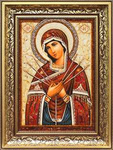
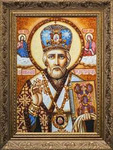
















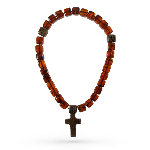













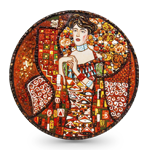



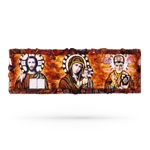


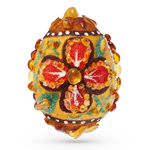

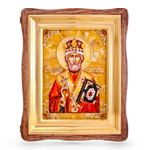




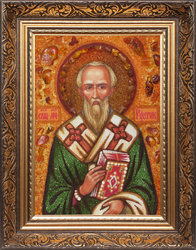
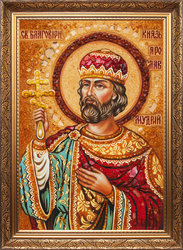
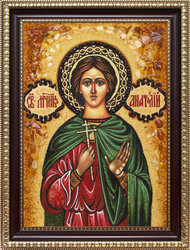
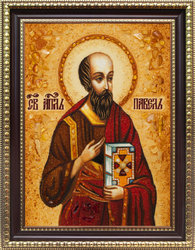
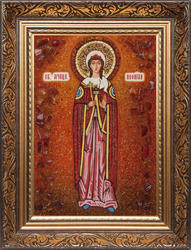
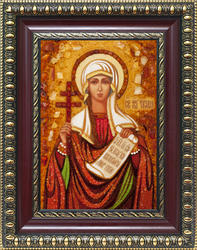
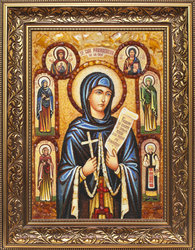
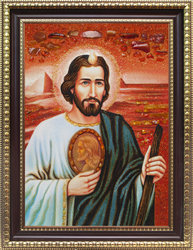

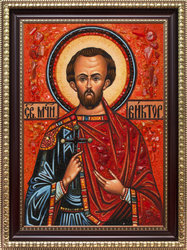
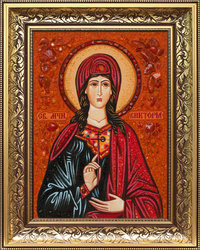
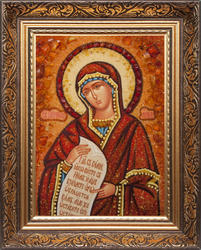
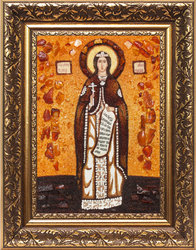
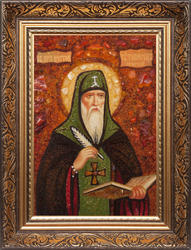
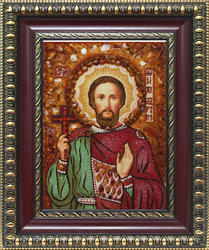
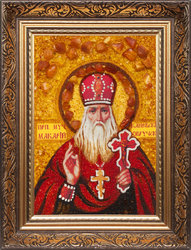
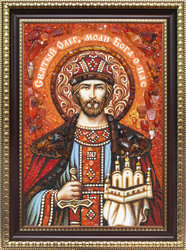
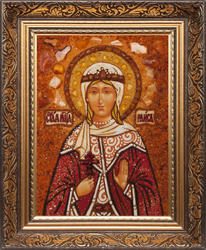
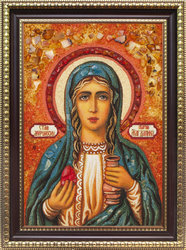
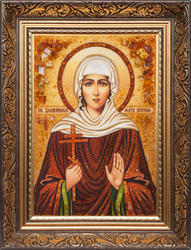
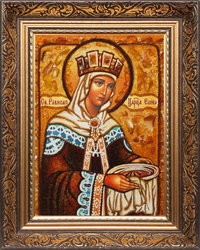
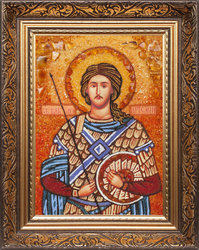
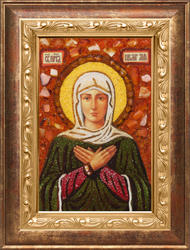

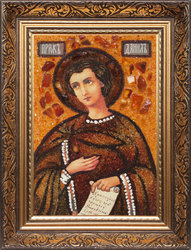
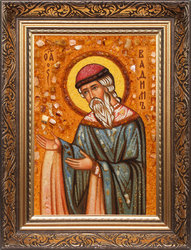
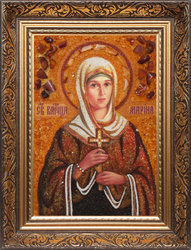
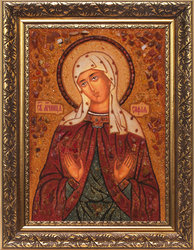
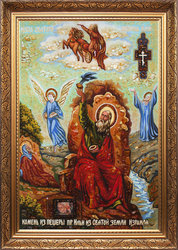
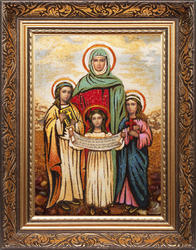
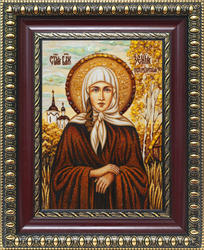
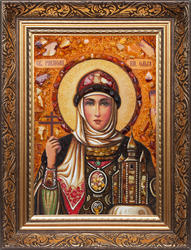
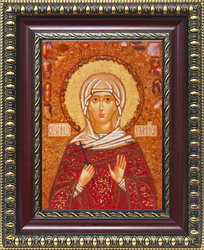
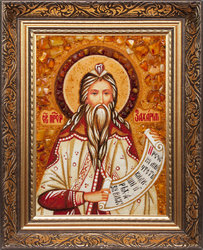
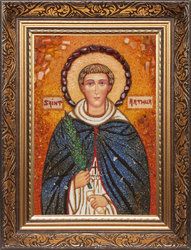
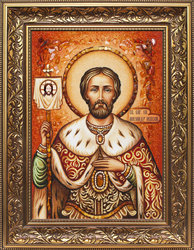
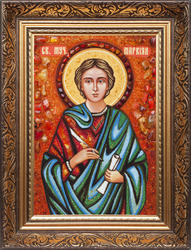
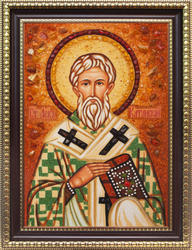
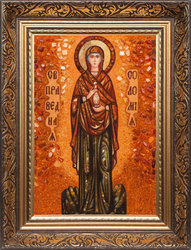
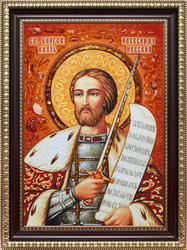
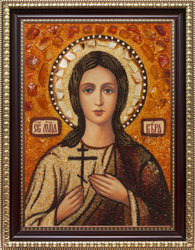
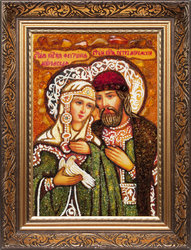

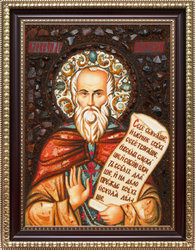

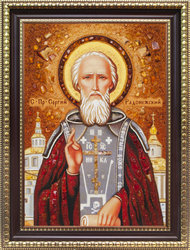
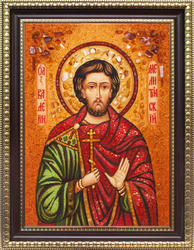
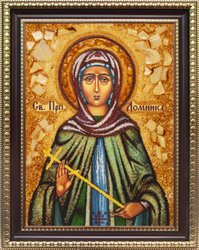










Спасибо за Ваш голос